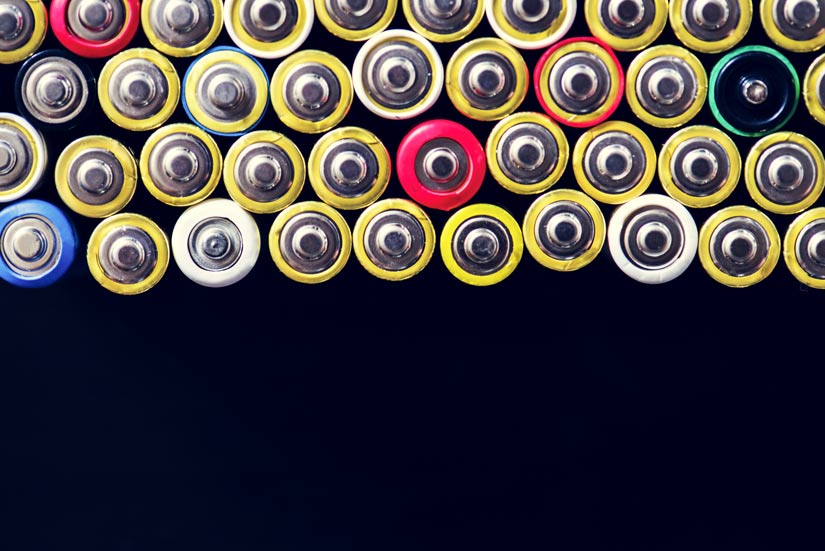Let’s be honest.
We could all use more energy and more happiness in our lives.
Evidence for that statement is pretty easy to find.
For example, 44 percent of adults in the United States drink two to three cups of coffee each day. Worldwide, it is estimated that 2.25 billion (billion!) cups of coffee are consumed every single day. Given the caffeine component of coffee, there is your proof that many of us are in search of an energy boost.
Meanwhile, the use of antidepressants in the United States has been increasing for a long time (note that the article at the link was first posted in 2011 and reviewed in the very early days of the public health emergency in 2020; odds are 2020 saw additional increases in the use of antidepressants). There is your proof that many of us are in search of additional happiness and contentment.
Unfortunately, our search for energy and happiness can lead to some dangerous places.
One of those dangerous places is cocaine use.
Cocaine: What It Is, What It Does, and How It Harms
Cocaine is a powerful stimulant (there’s your extra energy) that produces a high that often provides a feeling of euphoria (there’s your extra happiness). Users feel alert, energized, and happy after taking the drug.
So far, so good, right?
Well, not really. Those positive feelings are a trap. Once a person has experienced them, they are likely to want to keep feeling them. So they keep taking cocaine. Over time, they build up a tolerance to the drug, which means they must take more and more of it in order to achieve the same high. The positive feelings are increasingly hard to come by, and so more and more of the drug is ingested.
As a person takes cocaine in increasingly large amounts, a range of negative side effects are going to chip away at any good feelings the drug might still provide. Those side effects may include:
- For those who snort cocaine: loss of sense of smell, nosebleeds, frequently runny nose, and difficulty swallowing
- Anger and irritability
- Paranoia
- Headaches
- Heightened sensitivity to light, sound, and/or touch
- Heart disease or heart attack
- Lung damage
- Bowel damage
- Stroke
- Sexual dysfunction
- Convulsions and/or seizures
That list, of course, is made up of symptoms experienced in the body. But there are other symptoms of problematic drug use as well, including difficulties at school or work, financial problems, broken relationships, poor choices made under the influence of the drug, and more.
At some point, it will become abundantly clear that the negatives of cocaine use far outweigh any perceived positives. Unfortunately, quitting cocaine comes with its own set of significant challenges.
The Woes of Withdrawal from Cocaine
As with many drugs, it is far easier to start using cocaine than it is to stop using it. Going through withdrawal can be extremely difficult—so difficult, in fact, that many people return to drug use before they make it past their withdrawal symptoms. Those symptoms may include:
- Ongoing cravings for cocaine that are extremely difficult to resist
- Mental health concerns like increased symptoms of depression and/or anxiety
- Fatigue, exhaustion, and/restlessness—often coupled with vivid and disturbing nightmares
- Difficulty feeling—or even an inability to feel—pleasure
- An inability to achieve sexual arousal
- A significant increase in appetite
- Nerve pain, tremors, muscle aches, and/or chills
- Difficulty concentrating and/or noticeably slowed thought processes
We mentioned before that cocaine use is a trap—and here we see the most diabolical version of that trap. You want to quit using cocaine because the negative impacts are unsustainable. But you can’t quit using cocaine because the withdrawal symptoms are severe enough to send you back to the drug.
If you are in the grip of a substance use disorder centered on cocaine it might seem impossible to break free from the trap you have fallen into. The good news, however, is that there is a way out.
The Case for Residential Treatment for Cocaine Abuse
For many, the most effective way to put cocaine use in the past is to seek treatment at a fully accredited residential treatment center.
The first part of the residential process will include a medically supervised detox program that can help you weather the storm of withdrawal symptoms you will encounter when you stop using cocaine. This can be the best way to avoid falling back into drug use when the going gets tough during withdrawal.
After detoxification, residential treatment includes a rehabilitation period focused on helping you develop the strategies—and the resolve—necessary to maintain your sobriety once you return to your daily life. That process will involve both individual and group therapy, both of which are excellent settings for learning about yourself and benefitting from the experiences of others.
Therapy is also an excellent place to address any co-occurring mental health disorders—like the depression you may have been trying to mask by using cocaine. The connection between a substance use disorder and a mental health disorder can be complicated and powerful. Rehab in a residential treatment center provides an opportunity to untangle the two and to address them both.
Come Out the Other Side With Help From Bel Aire Recovery Center
Reaching out for help can be difficult for many people. Maybe you are convinced you can overcome your reliance on cocaine on your own. Or maybe you are embarrassed to admit you have a problem. Or maybe you haven’t quite reached the point where you have to admit that your body—and probably your life—is suffering.
But the right time to seek treatment for a substance use disorder is always right now. At Bel Aire Recovery Center you can count on compassionate, personalized, evidence-based care that will spring you from the trap of cocaine.




